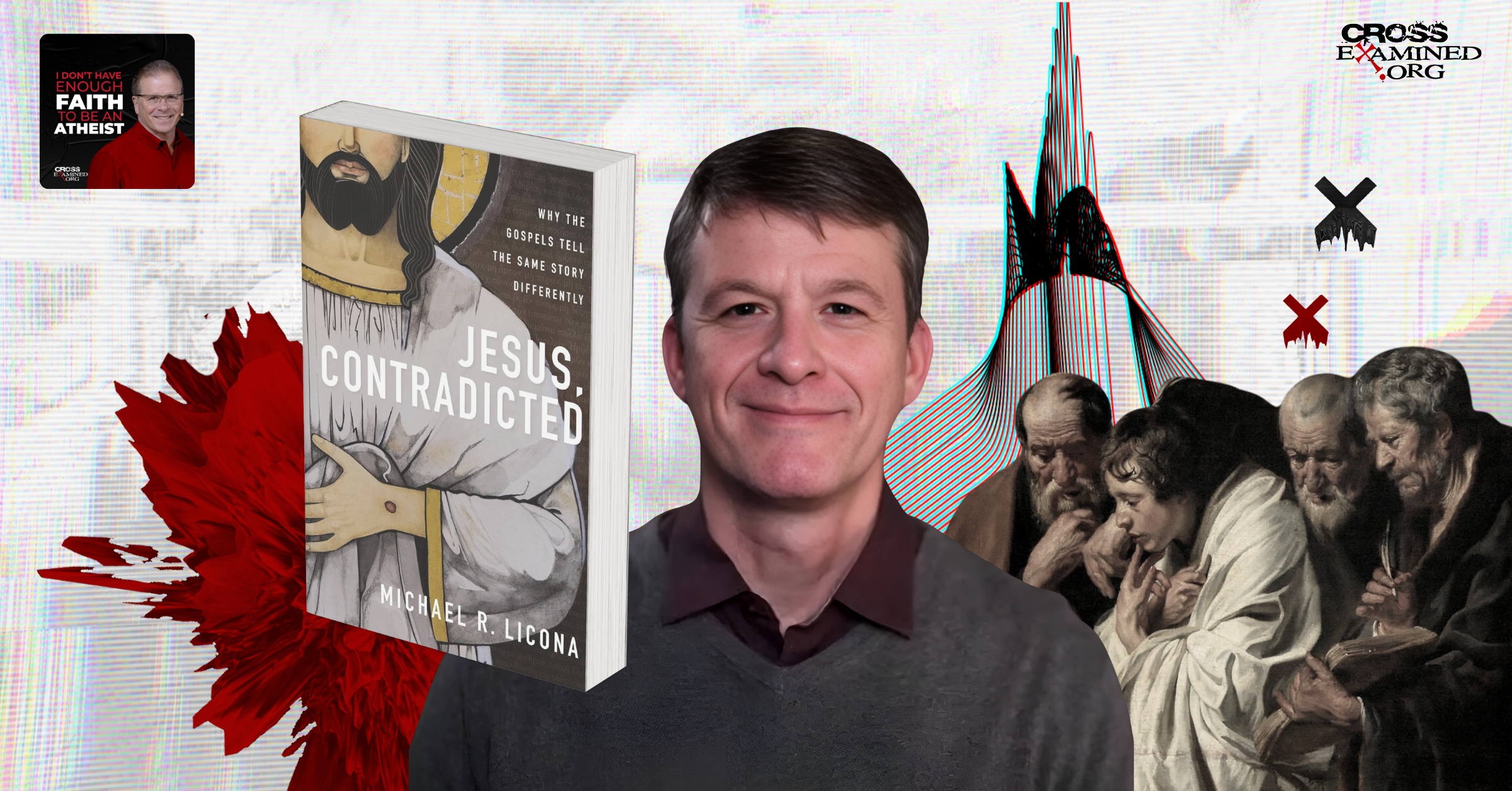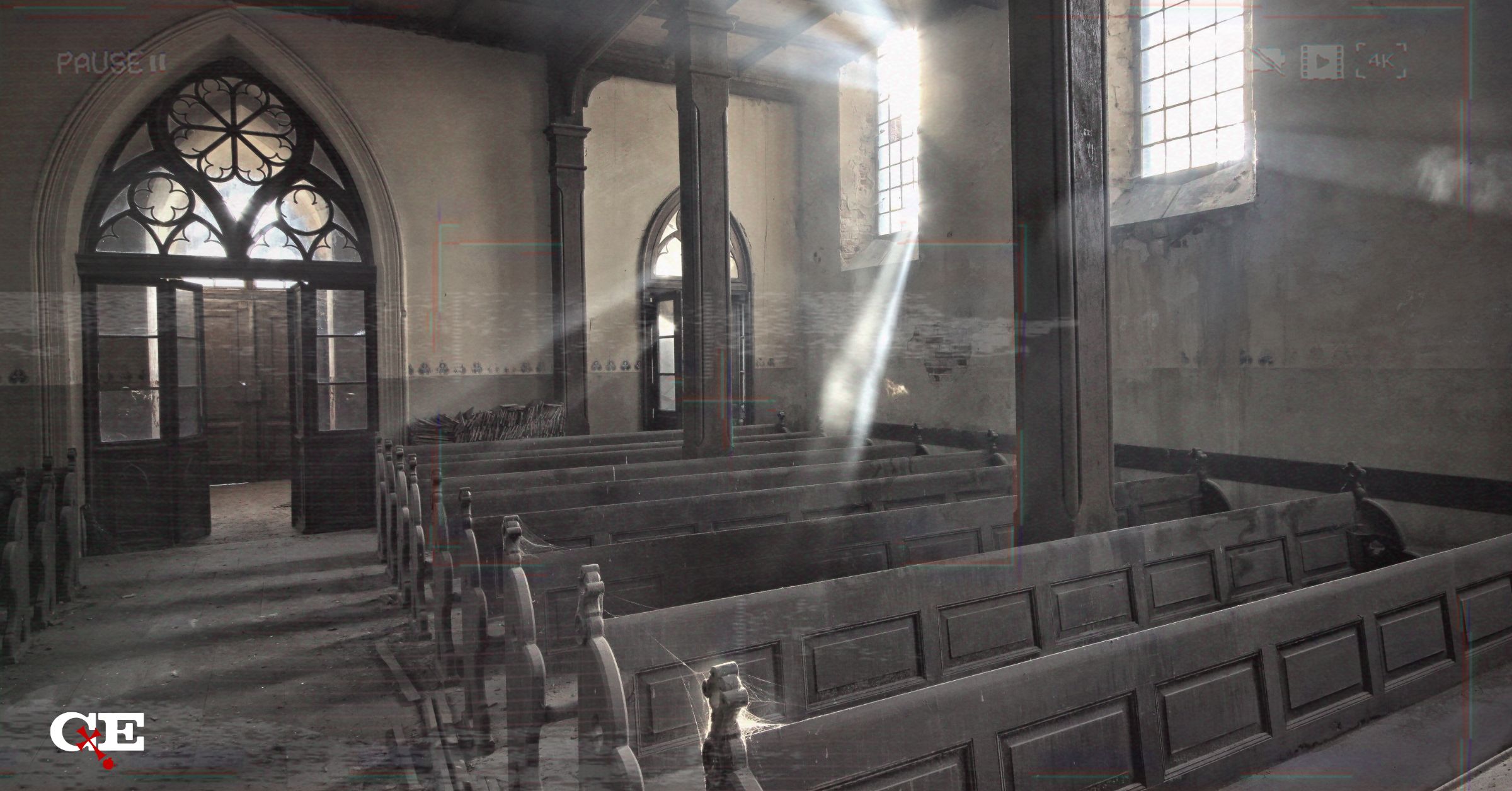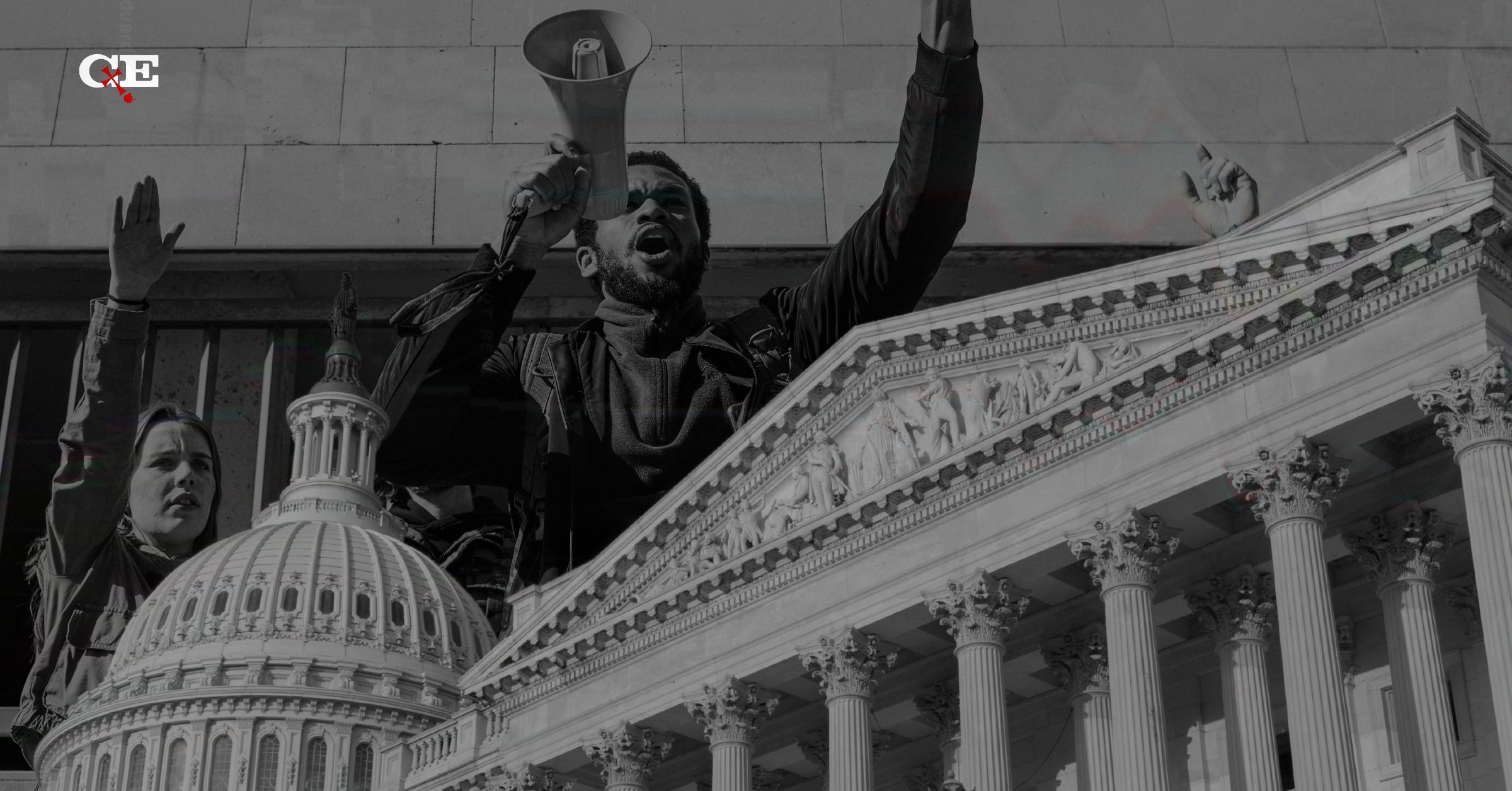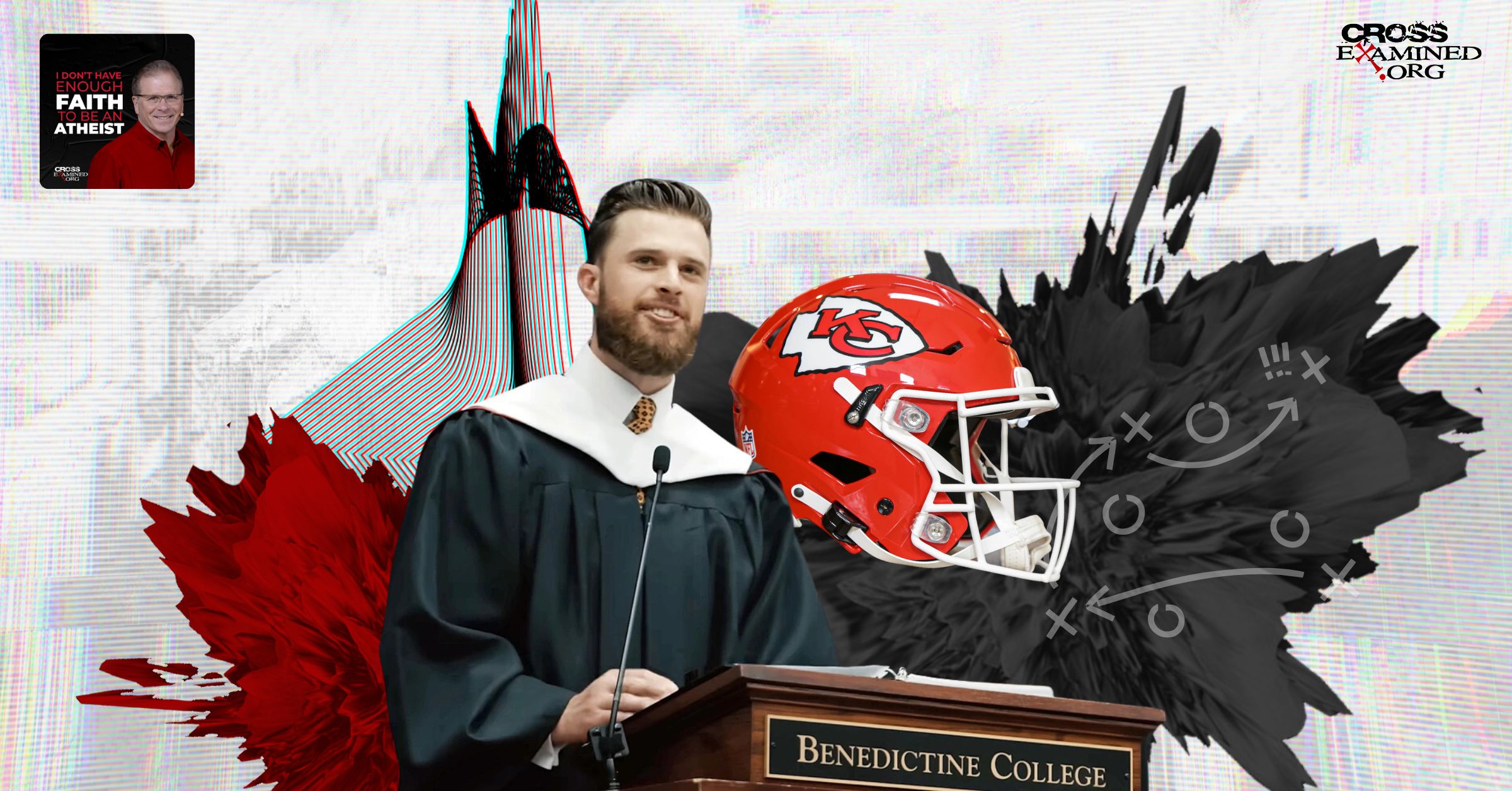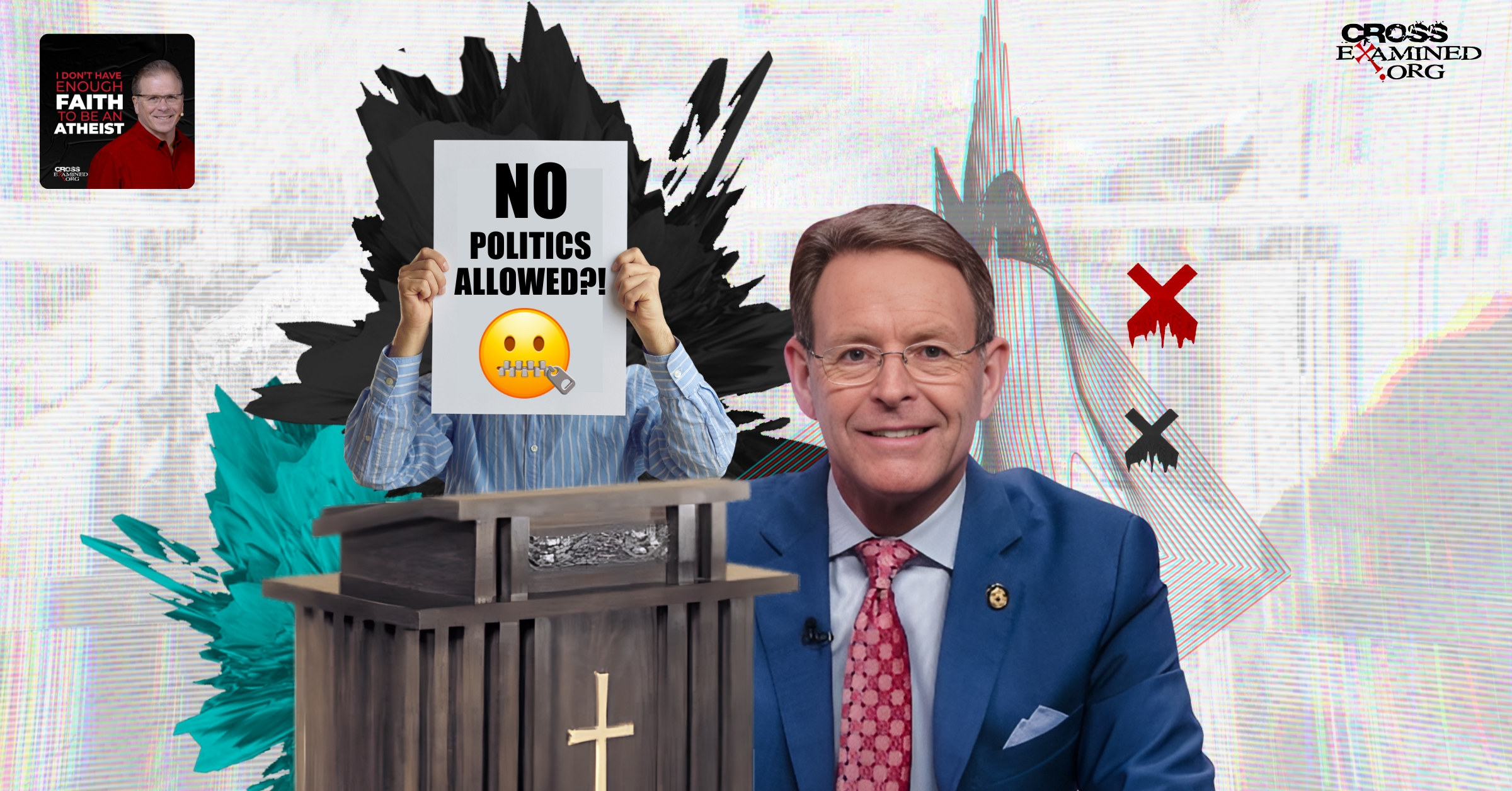A recent Huffington Post article about homeschool moms left me flabbergasted. I know, it’s HuffPo. I shouldn’t be surprised anymore, but this article was truly shocking . . . because of the comments of the homeschool parents.
In the article, a curriculum developer is selling her books at homeschool conventions. She calls her trade a “girl-empowerment business.” Homeschool parents were rightly curious about the political slant of a historical curriculum and asked if this particular series was “woke.” The authors of the curriculum, asked “What do you mean by that?” (hat tip to Greg Koukl).[i] Now here is the troubling part. The homeschool parents didn’t know the answer. They knew they didn’t want woke, but they weren’t sure what they were rejecting or didn’t know how best to explain it. One exchange with the curriculum’s presenter went this way:
“I [the author] explain our product, how we use historical women to teach girls about their worth and potential. The mother says: “But is it woke? I mean, I don’t want to teach my daughter about woke.”
“What do you mean, ‘woke’?” I ask. . . She opens her mouth. Half-words and phrases stumble and tumble around. A few talking points from news sources fall out. Finally, she sighs. “I don’t know. Just tell me again what you write.”
How heartbreaking this article was to read! I totally expected our homeschool crowd to get this right, so when they didn’t, I immediately wanted to equip all Christian parents to be able to answer this question. We should strive to always understand the terms we use—especially if we are going to loudly reject it. By defining our terms, we can better learn how to help our kids navigate these muddy cultural waters.
Don’t just label things “Woke” without being able to explain why.
Woke has become an easy catch-all word to label things that are very liberal or progressive, or even just the things we disagree with ideologically. We find it far easier to label things as “woke” to indicate, “Danger! Toxic! Avoid this!”, rather than to take the time to research it for ourselves. But that hasty labeling risks yeeting the baby with the bathwater. And it doesn’t teach people how to chew through their ideological food, swallowing the meat, and spitting out the gristle (i.e., what doesn’t align with biblical Christianity).[ii] You don’t have to go read Mein Kampf or The God Delusion, but if you need to read complicated material, you’ll need to do so wisely, especially if you want to help your family and friends to do the same. If you don’t know why you avoid woke movies or books, they won’t understand how to navigate these concepts for themselves.
The HuffPo article helped us see that the word “woke,” the grammatical aberration that it is, is not going away. We need to know what it means when others use it and learn better questions to ask or terms to use that offer more clarity.
Where did the word Woke come from?
Are you awake yet? Stay awake. These phrases began to circulate generally in the African-American community and gained traction around the time of George Floyd’s death, suggesting that people needed to be aware of racism or to stay vigilant, so they are not harmed or mistreated by racism.[iii] When people described the process of becoming racially aware, they would say they woke up, and people began to use the term woke to imply that they were awake to what is happening and staying on top of the situation.
But the term evolved as the African American community started using woke to describe people that had been awakened to or were conscious of social, economic and racial inequalities, had ‘done the work’, and were educated about social injustice. However, the work produced by some of these scholars and authors often had a significant political slant, and conservatives began using the term as a negative insult. And busy parents, like myself, just adopted the word as a ‘no-no’ and moved on with our lives. We’re trying to survive sports practices, science fairs, and flu season. We don’t have time to pee in private, much less read every book and article that comes our way. Labeling things ‘mark and avoid’ is a survival skill. But it’s important, when you’re not in survival mode, to take a beat and learn what you mean by terms like woke.
What does Woke mean now?
In popular usage today, “woke” tends to mean something that has a left-leaning, liberal, or progressive slant especially regarding race issues. Additional characteristics of wokeism are extreme political correctness, DEI (diversity, equity, inclusion), and cancel culture. Woke resources often view everything through a lens of critical theory which, applied to race, becomes “critical race theory” (CRT).
What is CRT?
Uh oh, another boogeyman buzz word that is hard to define. Critical theory (which includes race theory, queer theory, etc.) basically critiques society by dividing people into oppressor vs. oppressed based on which groups they belong to. People are defined more by their group affiliation rather than seen for who they are as individuals. Humans are seen as naturally good until societal evils warp them. Then the voices of those who have been historically oppressed are given greater authority to speak due to their lived experiences. Experiences are too subjective to use as a foundation for truth, which is why Christians stand on the solid foundation of God’s word, balanced with rational thought, logic, and empirical truths. Considering the experiences of others helps us understand how policies and laws influence lives, which is a critical part of loving our neighbors as ourselves. In practice, however, critical theory creates new oppression as a solution for prior oppression. This dynamic results in less equality and more prejudice.
Leviticus 19:15 “You shall do no injustice in court. You shall not be partial to the poor or defer to the great, but in righteousness shall you judge your neighbor.” (ESV)
While our current zeitgeist of radical empathy would suggest that truly being fair would mean to favor the oppressed in order to right historical mistreatment, the Bible holds a different standard. All humans are made in the image of God, and we want to avoid lenses that strip people of that dignity while conferring greater dignity to others.
How does woke show up in our daily lives?
In practice, woke often means using revisionist history to paint historical figures with a broad brush. It is often profoundly anti-American, sometimes Marxists, and overly critical of western civilization (think 1619 Project). When discussing books or curriculum, woke can mean something that presents only leftist viewpoint or oversimplifies a complex issue by vilifying people of the past unfairly. Some people in the past were straight-up villains, like our favorite whipping-boy Adolf Hitler. But most historical figures were complex, not all good or all bad. We need to treat them as whole persons as much as we can with the information available to us by studying history fully, considering the facts from primary sources as well as commentaries from historians.
Additionally, wokeness is deeply tied to social justice. Radical gender theory and LGBTQIA+ issues would now fall under the inclusion umbrella. Woke resources for children would include materials that separate gender from biological sex and present various parent structures as normal in children’s books, but also might include graphic sexual materials, even depicting homosexual or pedophilic sexual acts. But it’s important to note that not everyone who considers themselves “woke” agrees in supporting these extreme examples.
A Word of Warning
In discussing wokeness, we’re touching on some tangled and complicated issues. We do well to exercise caution and humility. The book of Hebrews offers an important insight here:
Hebrews 5:14 reminds us, “But solid food is for the mature, for those who have their powers of discernment trained by constant practice to distinguish good from evil.”
Our powers of discernment must be trained through constant practice. So, as we grapple with a shifting sense of “wokeness,” ask good questions, always comparing the world’s messages against God’s truths. Seek to understand. Weigh your words with humility and respect. Find common ground where you can, and balance truth with love. “Woke” is a heavy word, with lots of baggage. And it isn’t going away.
So, stay alert my friends.
References:
[i] Greg Koukl has made famous the “Columbo tactic”, a tool for apologists where they ask probing questions like “What do you mean by that?” to better clarify and assess the situation. See, Greg Koukl, Tactics, 10th Anniversary Edition: A Gameplan for Discussing Your Christian Convictions (Grand Rapids: Zondervan, 2019).
[ii] This concept is called the “Chew and Spit method”, see Hillary Morgan Ferrer, et al., Mama Bear Apologetics: Empowering Your Kids to Challenge Cultural Lies (Eugene, OR: Harvest House, 2019), 47-62.
[iii] Editor’s Note: Historically, the word “woke” originally meant something like “stay alert.” Black Americans in the early 20th century and Jim Crow era would warn each other saying “stay woke,” meaning be on guard against threats of race-based violence, especially where there was an uptick in racial tensions (ex., recent Klan activity, rape-accusations, lynching, police harassment, etc). In recent years, the term reentered public discourse through Black Lives Matter (BLM), and the George Floyd protests in Ferguson Missouri (2014), where the term was resurrected with a similar meaning of “stay alert [to racial violence/injustice].” Arguably, BLM was already adapting the term at that time by infusing it with politically charged notions of social justice, Critical Race Theory, Intersectionality, and Queer Theory. Regardless, the term has since been coopted and adapted by political progressives to cover a wider range of left-leaning issues, but instead of referring to alertness and racism specifically it’s now cast as a kind of “enlightenment” where people are finally able to see – as if waking up from a dreamy delusion – how oppressive power dynamics more or less shape the course of human history and modern society, regarding race, gender, sexuality, marriage and family, economics, politics, environment/climate, etc.
Recommended resources related to the topic:
Was Jesus Intolerant? (DVD) and (Mp4 Download) by Dr. Frank Turek
Jesus vs. The Culture by Dr. Frank Turek DVD, Mp4 Download, and Mp3
Correct not Politically Correct: About Same-Sex Marriage and Transgenderism by Frank Turek (Book, MP4, )
Legislating Morality: Is it Wise? Is it Legal? Is it Possible? by Frank Turek (Book, DVD, Mp3, Mp4, PowerPoint download, PowerPoint CD)
Jennifer DeFrates is a former English and Social Studies teacher turned homeschool mom and Christian blogger at Heavennotharvard.com and theMamapologist.com. Jennifer is a 2x CIA graduate (the Cross-Examined Instructors Academy) and volunteers with Mama Bear Apologetics. She has a passion for discipleship through apologetics. Her action figure would come with coffee and a stack of books. She is also the reluctant ringleader of a small menagerie in rural Alabama.

